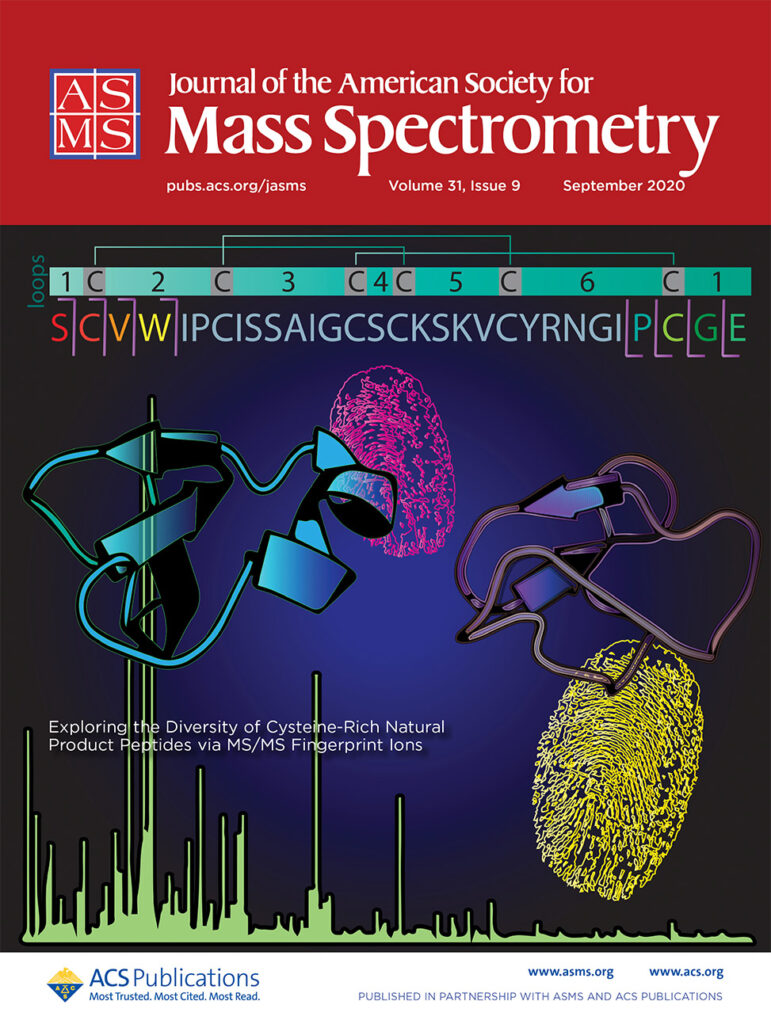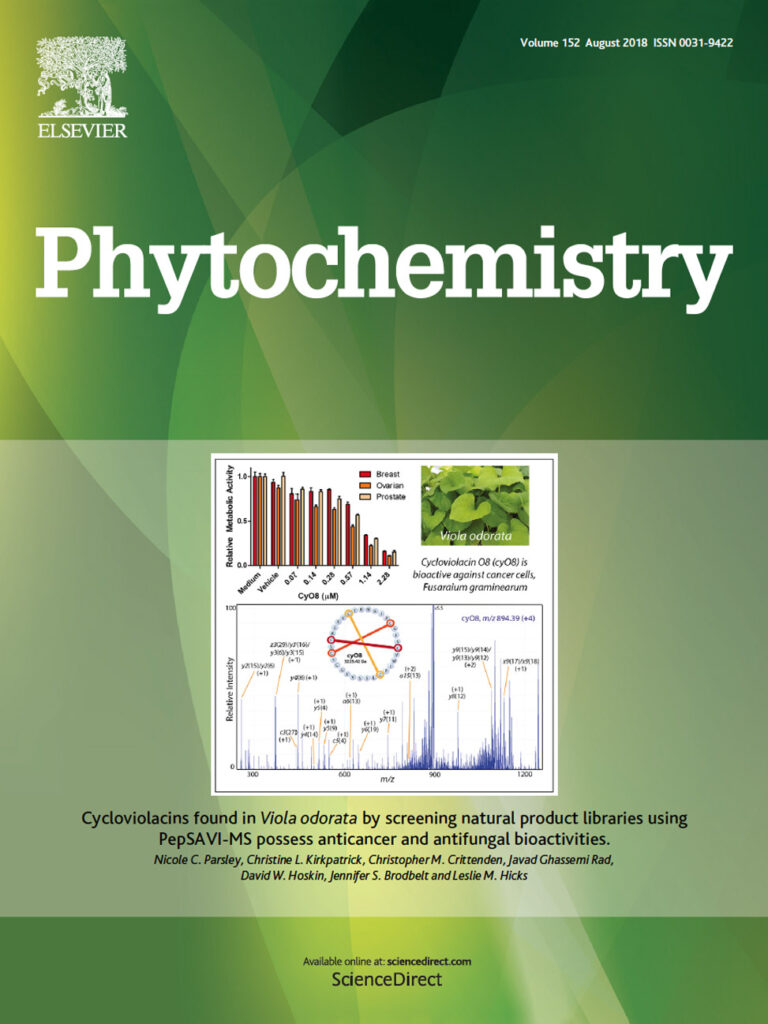Bioactive Peptides
Bioactive Peptides
Increasingly sensitive technologies have revealed the critical role of peptides in biological systems across multiple kingdoms. Peptides serve as modulators of multiple biological systems of the human body (e.g. immune, digestive), artillery in microbial competition, and communicators between pathogens and hosts. Unicellular organisms produce antimicrobial peptides (AMPs) to hinder growth of neighboring species in nutrient-limited environments. In multicellular organisms, peptides can play a major role in innate immunity against bacterial, fungal, and insect pathogens. Further, microbiome/host interactions play a critical role in states of health and disease. Still yet, the role(s) many peptides play in signaling, niche protection, and host physiology are unknown. The overarching goals of my research program seek to illuminate this molecular dark space to reveal bioactive “needle(s) in the haystack,” for both discovery and exploration of intra- and interspecies roles in defense, human health and disease, and microbe-host interactions.
PepSAVI-MS
We developed PepSAVI-MS for rapid discovery of bioactive peptide natural products. This work has resulted in 19+ publications and discovery of >20 new botanical antimicrobial peptides (AMPs).
PepSAVI-MS couples bioactivity assays with MS-based peptidomics to robustly identify putative AMPs and is highly adaptable to:
- diverse source material;
- bioassay formats (e.g. 96-well plate, disc-diffusion, microfluidics);
- biologically relevant target pathogens/cell lines (e.g. bacterial, fungal, cancer).
Our results revealed opportunities for innovation to increase throughput and scope:
- improved throughput achieved via peptide library design and bioactivity screening formats;
- time-intensive molecular characterization, accelerated by MS fingerprinting and genome mining/predictions and proteomics for more rapid characterization;
- increased access to pure, mature peptides for comprehensive biological characterization;
- antibiotic resistance, mechanism of action (MOA) and bacterial response examined via proteomics.
AMPs are complex molecules that are post-translationally processed to result in their mature, active structure. Characterizing this functional form is a significant bottleneck typically requiring time-intensive hybrid approaches leveraging several complementary experiments. A continued focus on maximizing PepSAVI-MS efficiency is being achieved through innovations in predictions, expression, and molecular characterization approaches.




